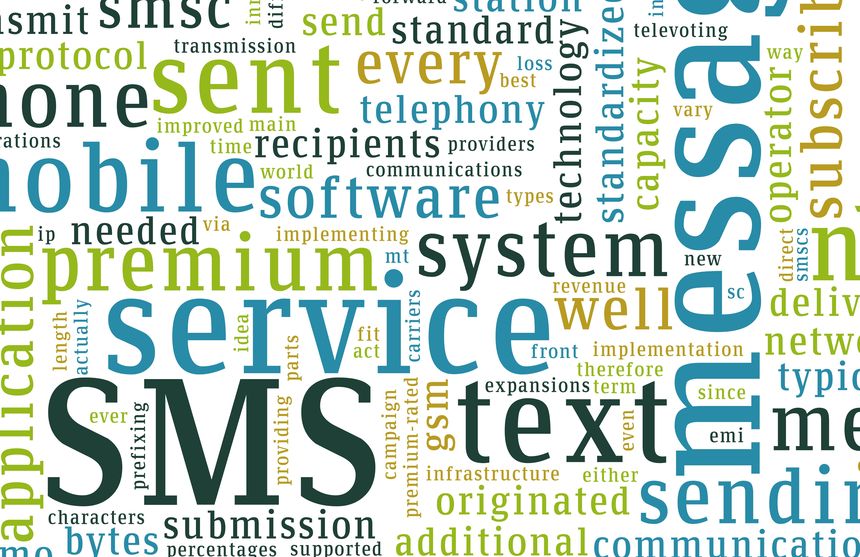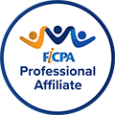A few ways to register consumers for promotional messages include using the following:
- “Keywords” – This allows customers send a text message with a keyword from their mobile device to join an SMS database.
- “Web Pop-Up” – You can create an engaging web registration experience for potential and existing customers. Create a button that opens a pop-up window with an image or graphic that promotes your SMS program. When your customers click the Call to Action, your messaging app starts.
- Web Form – An online form must explicitly state that the consumer is signing up to receive text messages from the company once they provide their phone number.
- Paper Form – You may use a paper form to collect phone numbers and obtain express consent. Customers fill out a paper form that clearly states they agree to receive text messages through their company phone number.
How should I contact consumers through promotional messaging?
Your first message to new contacts should be a confirmation message. Regardless of how users signed up, their first text message should be a compliance message that confirms the subscription. You should reiterate some important information, including:
- A description of the program they are signing up for;
- The approximate number of messages they should expect to receive in a defined period (for example, per week or month);
- The fact that message and data rates may apply;
- A link to the full terms and conditions of the privacy policy;
- Instructions on how to opt out of receiving messages (STOP instructions) and to receive help (HELP instructions). Companies can provide a link that contains detailed information about these instructions.
What should I avoid in promotional messaging?
In promotional messaging campaigns, make sure to avoid using the word “free” and promoting promises to consumers you cannot fulfill. It is important to keep good relationships with your consumers. Thus, you should not be promoting a year’s supply of your product to consumers who sign up for promotional emails if you know such a promise is not possible.
What happens if I violate promotional messaging laws?
If you do not adhere to text message privacy laws and regulations, you risk incurring fines and penalties. Penalties, in the form of “statutory damages,” associated with TCPA violations may include $500.00 for each violation and up to $1,500.00 for intentional violation. It’s not uncommon to see settlements for millions of dollars for TCPA class action lawsuits. In addition to private citizen lawsuits, the FTC and FCC have the authority to bring actions for TCPA violations, as do individuals and state attorneys general on behalf of citizens of their states. Here are some real examples of TCPA violations:
- In 2017, dish network had to pay approximately $341 million in damages for violating the TCPA. Members of the class lawsuit alleged that Dish had knowingly called numbers on the Do Not Call record. Dish tried to argue that their telemarketing provider, Satellite System Network, was to blame, not them. The jury rejected this argument and awarded $400 per call.
- In 2013, Domino’s Pizza agreed to pay nearly $10 million to settle a class action lawsuit. As in the Dish Network case, the court found that consumers had received unsolicited marketing calls. In addition, it was discovered that Domino’s sent promotional text messages without receiving your consent first.






